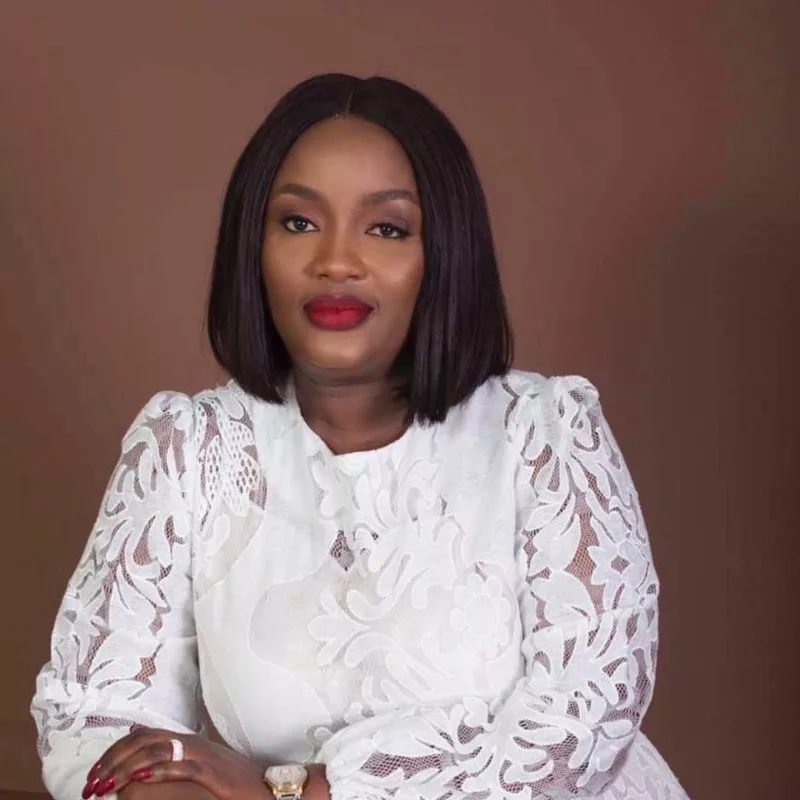Women, under the aegis of the Nigerian Women for Agricultural Progress, has raised concerns over their alleged neglect in most of the country’s agricultural interventions. The National Coordinator of the group, Mrs. Omolara Svensson, said they are committed to changing agribusiness narratives in order to become the leading light of sustainable progress for Nigerian women farmers. She called on relevant stakeholders to re-evaluate their approach, adding that there was a need for direct collaboration with women farmers for a more inclusive and effective strategy.
Svensson stated that there was the pressing need for women to unify their voices within the agriculture sector to combat the challenges that many women face in accessing financial support for their farm operations, as she expressed concern over the instances where government interventions failed to reach genuine women farmers, causing perpetual cycle of inequality. On her part, the Northwest Coordinator of the body, Mrs. Asma Mirza, is worried that the current state of poverty and food insecurity was much while calling on the government to provide more support for the women particularly as they constitute about 70 per cent of the workforce in agriculture. She said that government interventions are most times skewed against women, adding that as a farmer, she had never benefited from any government programme while the Southwest Coordinator, Mrs. Enitan Onitiri further called on the women to work in unity to present a common ground and united front for sustainable progress.
In a related development, 150 women have commenced fish farming through livelihood support to low-income earners across vulnerable communities that was facilitated by the Yobe State Emergency Management Agency. The programme made it possible for each woman to receive a combination of the water tank, five buckets, nets, fish aerators, a bag of fish feed and juvenile fish. One of them is Halima Abdulkadir, who is passionate about fish farming. ‘‘Fish farming has been my long-term dream, so luckily my name appeared among the beneficiaries. They (SEMA officials) gave us a water tank, five buckets, nets, a fish air vibrator, a bag of fish feed and juvenile fish. I was given 56 juvenile fish, but 11 of them died due to some circumstances. Alhamdulillah, I sold 45 grown fish to one of the restaurants here in Damaturu. I spent a few months rearing them before I sold them that was why I bought two bags of their feed plus one bag that was given to me by SEMA as a startup. I can tell you that I earn a reasonable profit from this business.
‘‘Fish farming has always been my ambition to venture into, so this profit that I got motivated me to do more, that is why when I sold them and bought 85 fingerlings, they are with me hoping to sell them close to the Ramadan”, she added. Halima further disclosed that the business is lucrative if one is lucky to have proper and modern techniques of fish farming. She informed that she is expecting good profit from her 85 fish and is planning to expand afterwards. A housewife, Fatima Geidam, said she wants to be self-reliant and not dependent on her spouse, which is why she is investing in the business. Another woman, Hafsat Saleh, a 24-year-old recalled that despite the challenges, one hardly recorded zero profit in fish farming and she advised women to engage in farming to make a living instead of depending on other people.
‘‘When I was given the juvenile fish and other equipment, I managed them well, I only bought one bag of feed at the cost of N15,000 plus the one I was given as a starter, and out of the 50 fish given to us, only four died. During the training, they told us that they would link us with buyers when we grow them and gain weight. I sold one kilo of fish at a cost of N1,200, making it N55,200. So, if you remove N15,000 for the feed that I bought, it will give you N40,200. For a woman like me, such an amount is huge. I already sent my money to sellers of fingerlings and they assured me that they will send them to me very soon. I was told that I should sort them out of the pond and separate the big ones from the small ones. That will help them to grow and gain weight’’, Saleh said.


